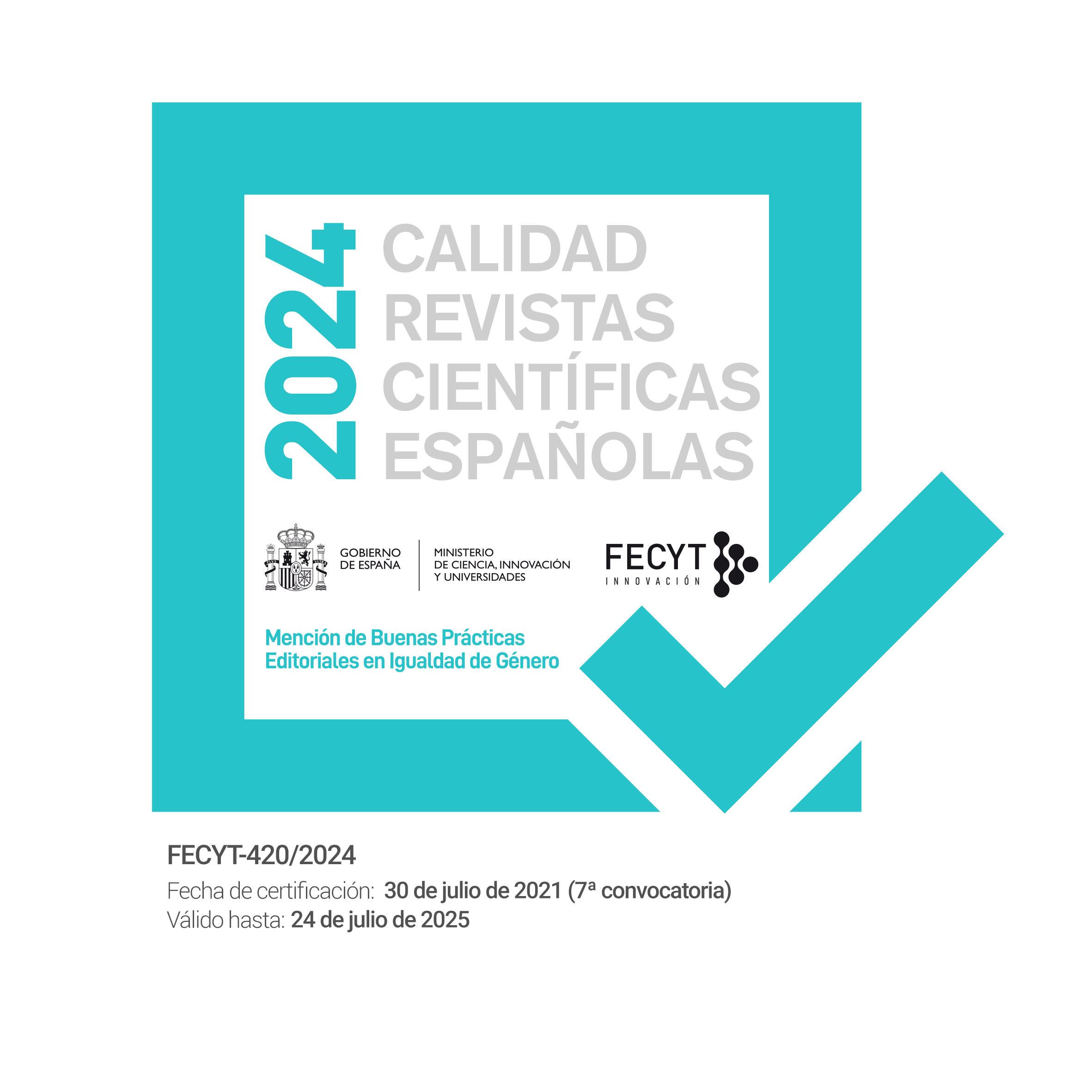Diderot's Vitalist Materialism and the Development of the Modern Novel
Keywords:
Roman, Siglo XVIII, Experiencia, Naturaleza, MaterialismoAbstract
This paper analyzes the distance between Diderot´s alleged novelistic project, developed in the “Éloge de Richardson” (1762), and his concrete praxis as a novelist. Firstly, we reconstruct the eccentric place of the novel in the philosophe´s thinking and focus on the difficulties faced by criticism when trying to understand it. Secondly, we propose that the crisis of the novelistic form by the co-director of the Encyclopédie, especially in Jacques le fataliste et son maître (posthumously published, in its complete version, in 1796), is not only posed against the roman in its early-modern and medieval form—as a reading of the “Éloge” qua the author´s poetics might suggest—but against the modern genre that is vindicated in that text: the sentimental novel. We suggest that it is possible to illuminate this criticism if we read it in relation with the skeptical and eclectic epistemological proposals defended by Diderot since the late 1740s. Under this light, Diderot appears as a fundamental precursor of the modern novel.Downloads
Published
How to Cite
Issue
Section
License
All contents published in the journal are protected under a Creative Commons BY-NC-ND license. This corresponds to legislation within Spain, and does not allow commercial use of the texts. It is not possible to modify the contents either.
General information.
Comparative Literature magazine 452ºF [ISSN 2013-3294] is a publishing project coordinated by Asociación Cultural 452ºF, and developed by its Editorial board.
Access to the Contents and Copyright.
All contents published in the journal are protected under a Creative Commons BY-NC-ND license. This corresponds to legislation within Spain, and does not allow commercial use of the texts. It is not possible to modify the contents either.
Every person has free access to the contents of the journal as long as they understand and assume that no profit is to be made on other people’s work.
In all cases, the original source name of the online journal and the article must be mentioned when used for any purposes.
Basic Conditions of all Call for Papers.
- 1. The author accepts that sending the paper:
- a. Does not guarantee the publication of it.
- b. Is done in accordance to the style-sheet of the magazine and the requirements of the specific call for papers.
- c. Implies the non-exclusive transferring of the first publication rights of the paper, as long as it is selected to be published in the journal, to theAsociación Cultural 452ºF, under a Creative Commons BY-NC-ND license.
- 2. The journal 452ºF, in due respect to moral rights of a copyright, guarantees that:
- a. All papers will be evaluated according to the procedure already mentioned.
- b. All authors will receive either a positive or negative answer to their sending a paper for publication.
- c. All papers will be published unabridged. The journal might make changes in the typographical disposition according to the needs.
- d. All papers will be published under a Creative Commons BY-NC-ND license.




